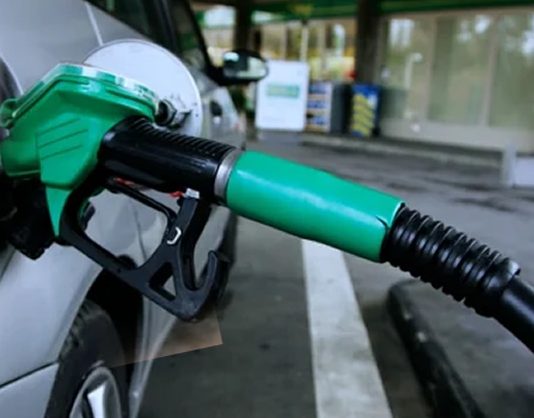The National President of the Petroleum and Natural Gas Senior Staff Association of Nigeria (PENGASSAN), Festus Osifo, has warned that the price of Premium Motor Spirit (PMS) may rise in the coming weeks if crude oil prices continue to climb. Speaking at the association’s National Executive Council Meeting in Lagos on Thursday, Osifo highlighted the link between crude oil prices, exchange rates, and fuel costs.
“With crude oil prices rising to $80 per barrel and without improvements in the exchange rate, PMS prices will inevitably increase,” he cautioned.
Osifo attributed the high cost of fuel in Nigeria to the naira’s depreciation, despite progress in domestic refinery operations. He explained that while local refining helps reduce dependence on imports, it does not guarantee cheaper fuel prices due to production costs and exchange rate fluctuations.
“The price of PMS is directly linked to our weak naira. If the exchange rate improves to below ₦1,000 to a dollar, PMS could sell for ₦500–₦600 per litre,” he noted.
Refineries and Blending Processes
Addressing misconceptions about refining, Osifo clarified that refining PMS involves multiple stages, including blending, which is standard practice worldwide. He stated that the old Port Harcourt refinery is operational, and significant progress has been made at the Kaduna and Port Harcourt refineries.
“Producing locally does not mean selling below cost. Even farmers calculate their production costs before adding margins,” Osifo emphasised.
2025 Budget Concerns
Osifo also criticised Nigeria’s 2025 budget of ₦49 trillion (approximately $30 billion), describing it as grossly inadequate for a population exceeding 230 million. He compared Nigeria’s budget to South Africa’s $120 billion budget for its 60 million citizens, calling for urgent diversification of Nigeria’s revenue base.
“Nigeria must leverage its abundant natural and mineral resources to reduce dependence on loans and address its economic challenges,” he advised.
As crude oil prices rise and the naira continues to weaken, PENGASSAN’s warning underscores the urgent need for effective economic and exchange rate management to mitigate the impact on fuel prices and the broader economy.




